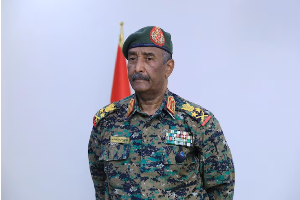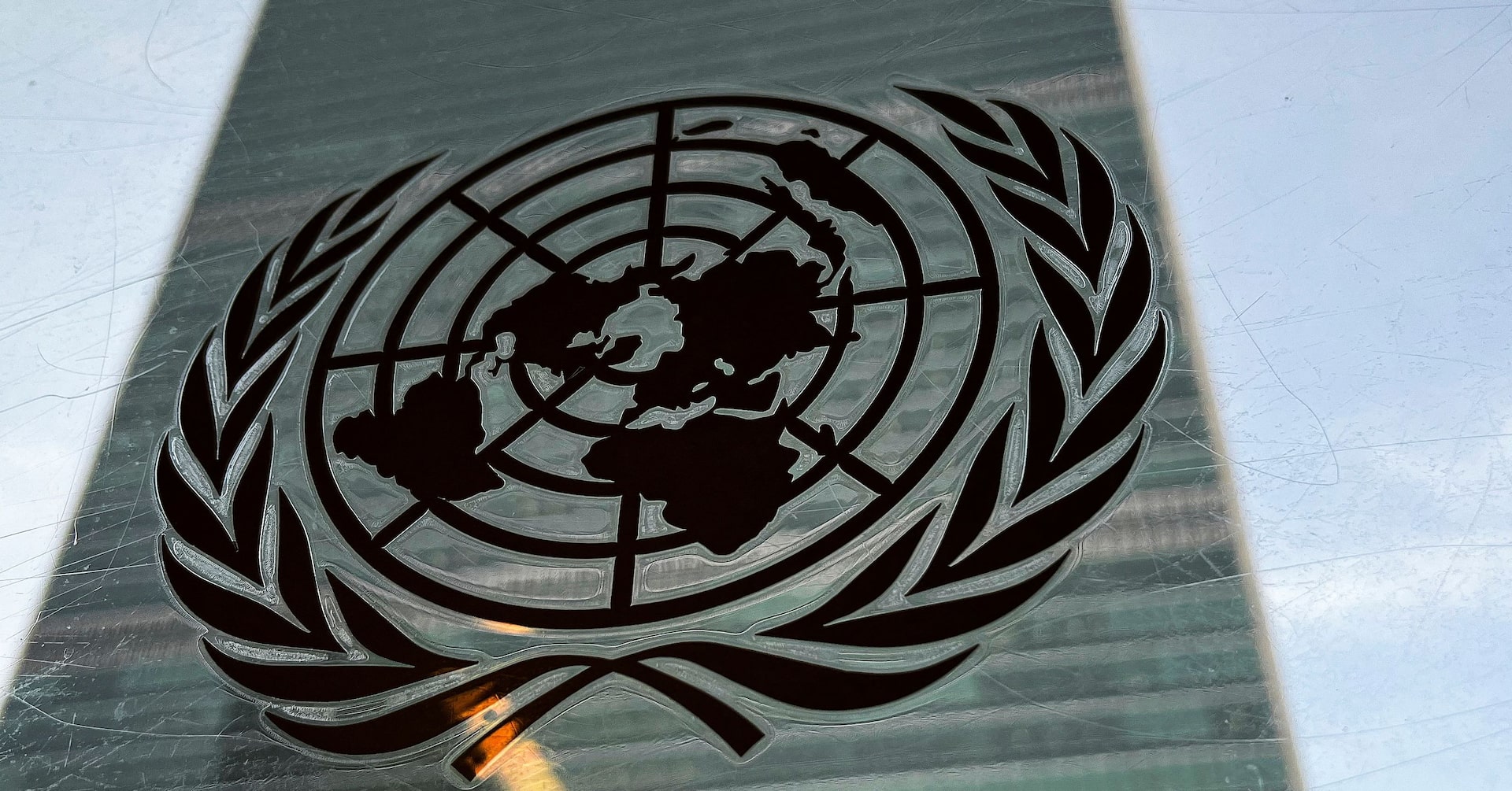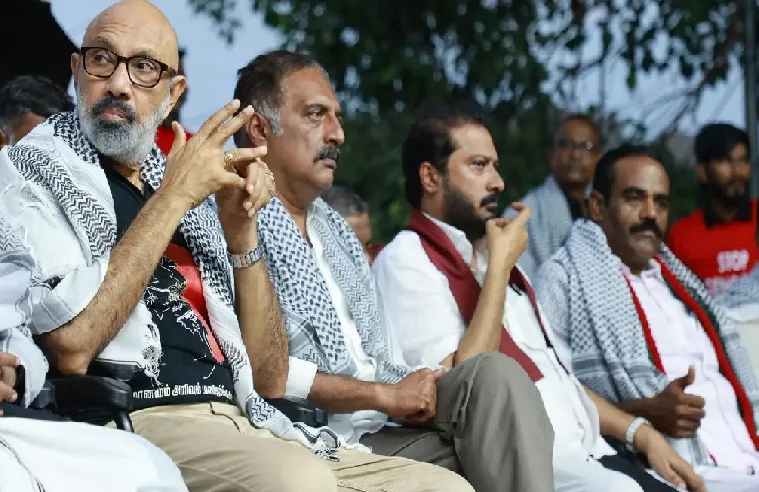By Ghana News
Copyright ghanamma

The US has once again imposed movement restrictions on Sudan’s delegation attending the 80th United Nations General Assembly (UNGA) in New York.
A protocol note from the State Department’s Office of Foreign Missions said Sudanese military leader Abdel Fattah al-Burhan and his delegation required prior approval to travel beyond a 25-mile (40km) radius from Columbus Circle in New York City.
Burhan did not travel to New York and was represented by Prime Minister Kamal Idris. However, the restrictions remained in effect throughout UNGA’s High-Level Week, underscoring the struggle of Sudan’s military government to gain global legitimacy.
The decision was announced by Clifton C. Seagroves, Acting Director of the Office of Foreign Missions, who said Washington has authority to impose such geographical limits on foreign officials in the US.
This was not the first time Sudan leaders faced such constraints. Mohamed al-Faki Suleiman, a former Sovereignty Council member and leader of the Samoud coalition, told Al Jazeera that during the transition period Burhan returned from a UNGA session “visibly angered” by restrictions.
“They confined me to a small area in New York. I couldn’t move around the city or meet anyone outside the 25-mile zone from the UN headquarters,” al-Faki quoted him as saying.
Such restrictions are not unique to Sudan. Iranian officials, for example, have long been confined to designated routes between their hotel, the UN mission, and limited parts of Manhattan. Washington typically justifies these measures on grounds of national security, reciprocity, or as diplomatic pressure against countries over policies or human rights records.
The repeated restrictions on Burhan highlight Washington’s cooling stance toward Sudan’s military-led government and form part of broader efforts to isolate it diplomatically.
Sudan has been in a devastating war since April 2023, when fighting broke out between the Sudanese Armed Forces (SAF) and the paramilitary Rapid Support Forces (RSF). The conflict has killed at least 40,000 people, displaced 12 million, and created one of the world’s worst humanitarian crises, with one million people facing famine.
The US, UK, and EU have imposed targeted sanctions on Sudanese entities and individuals accused of fuelling the conflict, obstructing peace efforts, and committing human rights abuses. While Washington says the measures aim to cut off financial and military support to the warring factions, critics argue they have failed to stop the violence or ease civilian suffering.



